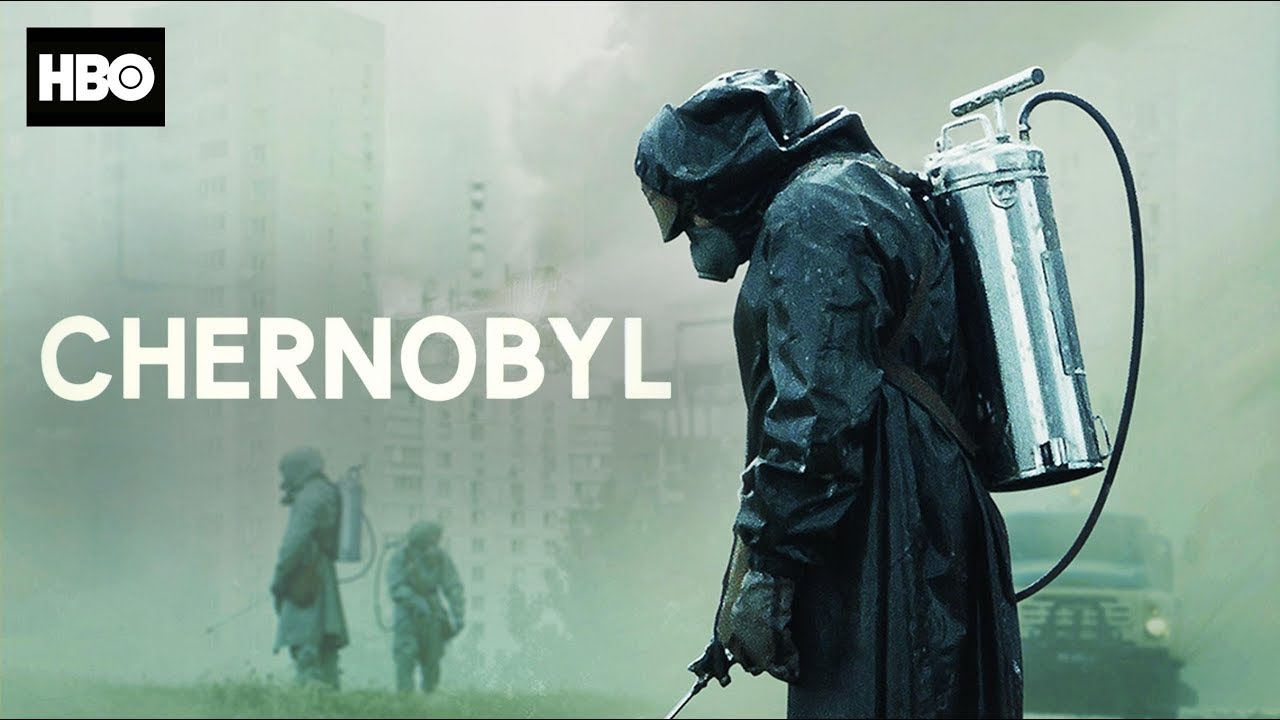Chernobyl Series

HBO’s Chernobyl series stands as a monumental testament to the power of storytelling in unraveling historical events of catastrophic magnitude. With its meticulously crafted narrative, gripping visuals, and haunting portrayal of human tragedy, the series transcends the mere portrayal of an infamous nuclear disaster; it serves as a poignant reminder of the consequences of hubris, misinformation, and bureaucratic negligence.
Set against the backdrop of the Soviet Union in the 1980s, Chernobyl transports viewers to the heart of one of the most catastrophic nuclear accidents in history. The explosion of Reactor No. 4 at the Chernobyl Nuclear Power Plant on April 26, 1986, not only resulted in immediate loss of life and widespread radioactive contamination but also unleashed a chain of events that reverberated far beyond the borders of Ukraine.
At the core of the series lies an exploration of the human cost of the disaster. From the valiant efforts of plant workers and firefighters to contain the radiation to the harrowing experiences of those affected by its aftermath, Chernobyl lays bare the raw emotions and sacrifices of individuals caught in the grip of an unimaginable tragedy. Through the characters of physicist Valery Legasov, plant director Anatoly Dyatlov, and firefighter Vasily Ignatenko, among others, the series delves deep into the psyche of those tasked with confronting the invisible enemy of radiation, grappling with the moral dilemmas of loyalty versus truth, and ultimately facing their own mortality in the face of overwhelming odds.
One of the series’ most remarkable achievements is its unflinching portrayal of the institutional failures that precipitated the disaster. From the reckless pursuit of technological advancement at the expense of safety to the pervasive culture of secrecy and denial within the Soviet regime, Chernobyl sheds light on the systemic flaws that paved the way for catastrophe. Through the character of Soviet deputy prime minister Boris Shcherbina and nuclear physicist Ulana Khomyuk, the series explores the bureaucratic hurdles and political machinations that hindered the response efforts, highlighting the stark contrast between the need for transparency and the regime’s obsession with maintaining a façade of infallibility.
Furthermore, Chernobyl serves as a cautionary tale for future generations, reminding us of the enduring legacy of nuclear power and the ever-present threat of technological disasters. As debates surrounding the safety and sustainability of nuclear energy continue to rage on, the series serves as a sobering reminder of the catastrophic consequences that can arise from complacency, negligence, and the prioritization of profit over safety.
Beyond its historical and political significance, Chernobyl also offers a poignant meditation on the resilience of the human spirit in the face of adversity. Amidst the desolation and despair, moments of compassion, heroism, and solidarity emerge, serving as beacons of hope amidst the darkness. Whether it be the selfless actions of plant workers volunteering to mitigate the disaster or the unwavering determination of scientists and engineers to uncover the truth behind the meltdown, Chernobyl celebrates the indomitable human capacity for courage, sacrifice, and redemption.
Conclusion
HBO’s Chernobyl stands as a masterful testament to the power of storytelling in illuminating the darkest chapters of human history. Through its compelling narrative, nuanced characters, and stark imagery, the series transcends the confines of entertainment to provoke reflection, inspire empathy, and spark meaningful discourse on the complex interplay of technology, politics, and human nature. As we confront the myriad challenges of the modern world, Chernobyl serves as a sobering reminder of the importance of vigilance, accountability, and compassion in safeguarding our collective future.
In the end, Chernobyl is not merely a television series; it is a hauntingly beautiful and profoundly affecting exploration of the human condition in the face of unimaginable tragedy—a testament to the enduring power of the human spirit to find light in the darkest of times.
